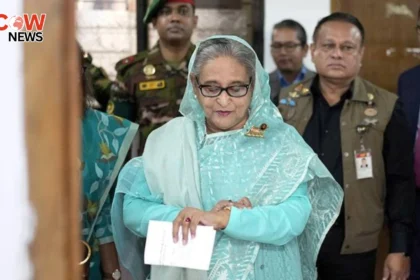KARACHI ( The COW News Digital) Despite government claims of economic stabilization backed by International Monetary Fund (IMF) support and a soaring stock market, millions of Pakistanis continue to sink deeper into poverty, according to a new World Bank report.
The findings reveal a stark contrast between official narratives of recovery and the grim realities faced by ordinary citizens. While inflation has eased in recent months, weak social safety nets, low employment opportunities, and widening regional inequalities have worsened living conditions for vulnerable groups.
Data shows that Pakistan once made progress in reducing poverty—from 60% of the population in 2001 to 21% by 2018. However, COVID-19, political instability, and repeated economic shocks have reversed those gains. By 2023–24, poverty levels surged past 27%, with nearly half of the population now living under the international low-income poverty benchmark.
Rural areas remain hardest hit, particularly in Balochistan and interior Sindh, where over half the population struggles below the poverty line. In contrast, Punjab and Islamabad report relatively lower rates, highlighting stark regional disparities.
The report also underscores Pakistan’s weak human development indicators. Nearly 40% of children suffer from malnutrition, while education remains chronically underfunded. Over 85% of jobs exist in the informal sector, offering little security or social protection, with women disproportionately represented in this unstable labor force.
The World Bank warns that even a modest 10% drop in household income could push millions back into poverty. Inflation, natural disasters, and limited economic resilience have already eroded the coping capacity of ordinary families.
Experts stress that sustainable progress requires more than macroeconomic stabilization. Investments in education, healthcare, and rural infrastructure are critical, alongside reforms in taxation to ensure that wealthy segments contribute fairly. Expanding social protection systems will also be essential to shield the most vulnerable.
Until growth translates into tangible improvements in daily life, Pakistan’s claims of economic recovery risk sounding hollow, leaving millions trapped in cycles of deprivation.







